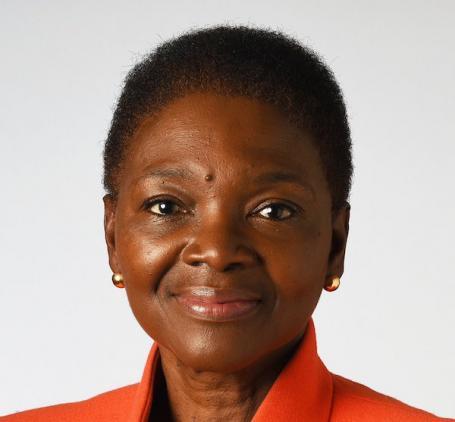BARONESS VALERIE Amos has often spoken out against the discrimination faced by BAME teachers and students in higher education– and is keen to not only tackle racial inequality in this sector but also call on those accountable to do more.
“Most universities will have action plans and strategies to tackle racial inequality, however this has not gone far enough. We should not be rewarding intent – we need to reward action and change,” says Baroness Amos.
As the director of SOAS University of London, Amos made history as the first black female university head and understands the importance of promoting diversity and inclusion for BAME staff and students.
“SOAS is very committed to widening participation and we are a very diverse campus but that doesn’t mean there aren’t significant challenges, “acknowledges Amos.
“For example, I had a recent discussion with SOAS students who talked about the challenges of being black and working class and the day to day pressures of juggling work and university commitments. They are full time students but have to work to make ends meet. We have to really look at what the data is telling us, understand the nuances and listen to personal experiences.
“The policies and practice institutions put in place are key but it is also about how those are implemented and making sure that we’re not just ticking boxes and saying we’ve done something. We must change organisational behaviour and culture.”
Amos points are extremely poignant, given the spike in racism and discrimination at universities in the UK. Racist incidents have been reported at universities including Nottingham Trent, De Montfort and Exeter University, and according to Amos, various contributors add to its rise.
“There are reports of a rise in hate crime, particularly post the EU referendum campaign. I think there are many things, which will have contributed to this. We are going through a complex and challenging time as a nation. We’re working out what it means to be British and how the reality of our diversity intersects with Britishness,” says Amos.
In order to curb this onslaught of discrimination, Amos vehmently agrees that action needs to take place at a number of different levels. “For one, a clear statement of organisational values and leadership and commitment from the top is needed.
“Actions plans to address cultural and behavioural change with implementation monitored. Robust policies and practices to tackle discriminatory practice. Initiatives in place to promote dialogue and communication. Support structures in place to build the confidence of all staff. Mentoring and training schemes to help increase the proportion of BAME and female staff in senior academic and leadership roles.
“In doing this, I would like to see us set high standards across the sector – because there will be some organisations that only do the minimum. We also need to look at how we approach learning and teaching and work to make it more inclusive – both through the materials that we use for teaching and how we assess students.”
In a world where ‘diversity’ has become a monetary buzzword, its importance often feels diluted for some. However, Amos and many others in the industry reiterate its importance to the development of students across the country and the hard times faced by teachers and students alike.
“Being the constant target of prejudice and discrimination can be exhausting and demotivating. You can lose a sense of who you are and what you’re about. Look after yourself. Stay focused. Have courage. Look for support. Talk to others. You are not alone.”


Comments Form